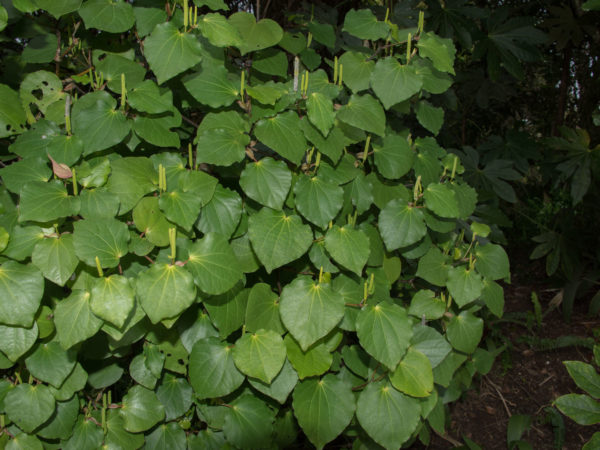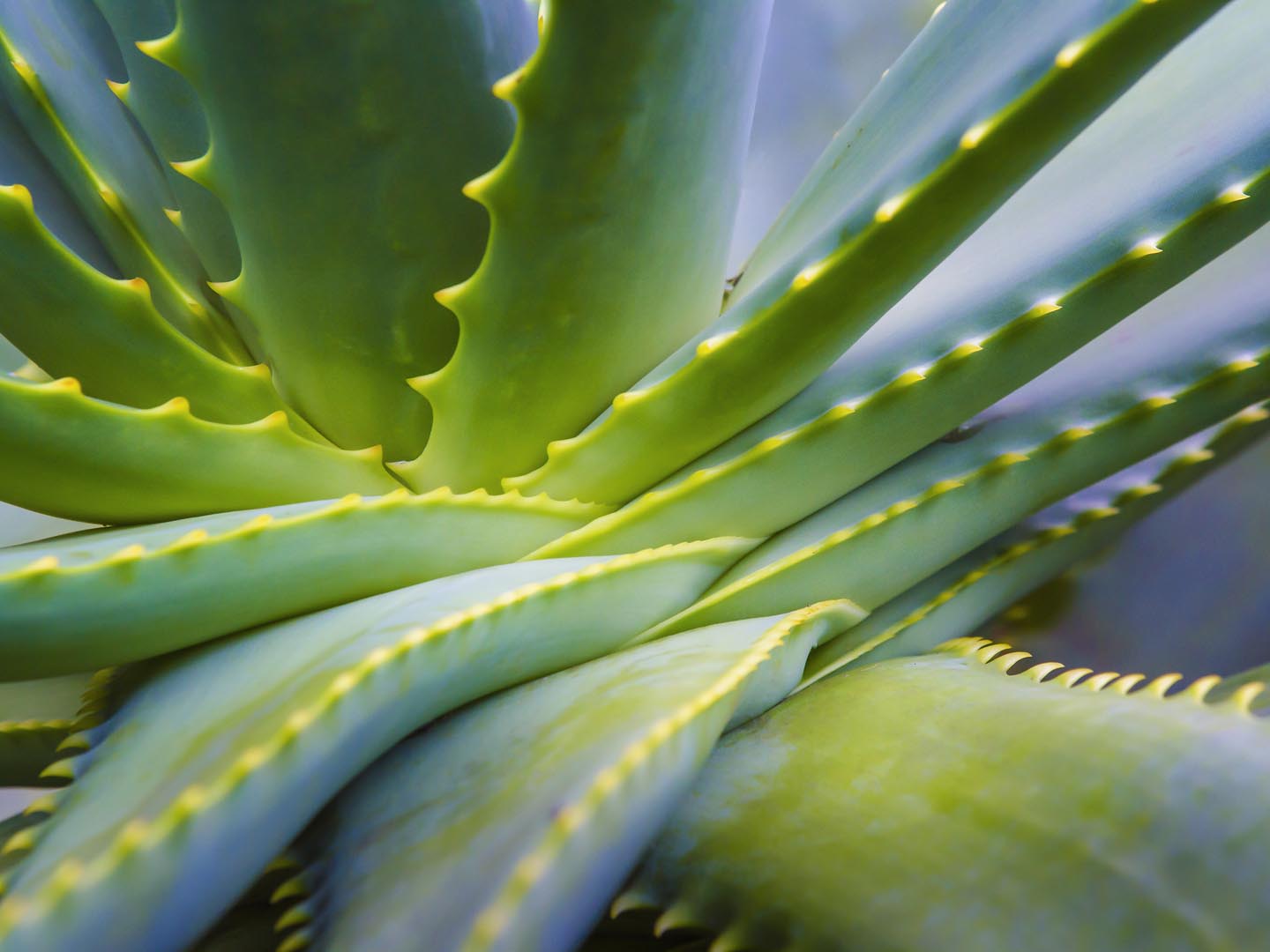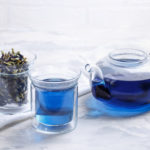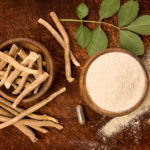Keen On Kava?
What can you tell me about kava? I understand it is useful for treating anxiety but could harm the liver. Should I avoid it?
Andrew Weil, M.D. | September 14, 2010

Kava (Piper methysticum, also called kava kava) is an herb that can be effective for alleviating the symptoms of anxiety. In some human studies, improvements have been seen after only one or two doses, and were maintained over the following few weeks. Preliminary evidence suggests that kava may work as well for anxiety as potentially addictive benzodiazepine drugs. What’s more, it doesn’t appear to be overly sedating or habit-forming.
However, reports from Europe of cases of liver damage related to kava use raised concern about safety. The problems, dating back to at least 2002, include hepatitis, cirrhosis and liver failure. In response, the U.S. Food and Drug Administration (FDA) issued warnings to consumers and physicians. We don’t know whether the liver problems stemmed from the dose, use of the wrong plant part, the method of extracting it, or the duration of kava use. Some of these side effects were poorly reported, some were connected to products that didn’t contain kava and some involved patients who drank alcohol excessively. Beyond the liver concerns, chronic or very heavy kava use has been linked to nerve damage, pulmonary hypertension, and skin changes.
Because of the reported liver dangers, I’ve recommended following these precautions on kava use from the American Botanical Council:
- Don’t use kava if you have liver problems (such as hepatitis), drink alcohol regularly, or take any drug with known adverse effects on the liver, including acetaminophen (Tylenol), statin drugs, and niacin.
- Don’t use kava on a daily basis for more than four weeks.
- Discontinue kava if you develop jaundice (yellowing of the skin or the whites of the eyes) or symptoms of hepatitis (nausea, abdominal pain, loss of appetite, dark urine, clay-colored stools).
- Check with your doctor if you have a history of liver problems or suspected liver problems before using or continuing to use kava.
In the past, I recommended kava for short-term use instead of prescription drugs to address anxiety. I don’t recommend long-term use of any substance, natural or synthetic, for anxiety relief. I feel it is more important to learn how to deal with and manage anxiety or panic attacks. This may require cognitive-behavioral therapy, which can teach you how to change any anxiety-promoting thought patterns and develop healthier coping skills. You can also try breath work, meditation, regular aerobic exercise, journal writing, and eliminating caffeine and other stimulants that can trigger or worsen anxiety.
Considering all that, if you want to try kava, Tieraona Low Dog, M.D., an authority on botanical medicine and an internationally recognized expert in the fields of integrative medicine, dietary supplements and women’s health, recommends using a high quality aqueous extract from a reputable company (she recommends the Eclectic Institute product) at a dose that does not exceed 240 mg per day of total kavalactones.
Andrew Weil, M.D.









